Lesser known Indonesian men’s doubles pairs spelled trouble for a second consecutive day with Korea’s second pair Ko Sung Hyun / Yoo Yeon Seong being the latest casualties to Rendra Wijaya / Rian Sukmawan (pictured) 22-20, 21-18. Korea’s top pair also lost their first game to locals.
By Aaron Wong, Badzine Correspondent. Photos: Yves Lacroix for Badmintonphoto (live in Jakarta)
Too well known
The problem with consistently being one of the best in the world is that your style of play becomes widely known, all your preferences have been analysed by others’ coaches and solutions formulated beforehand. Korea’s world number 2 pair Jung Jae Sung / Lee Yong Dae (pictured below) faced such an uphill battle where their opponents were only too ready for them.
Gideon Markus Fernaldi / Agripinna Prima Rahmanto Putra, usually helming front and back respectively, surprised and confounded the Koreans with their speed around the court, and prior knowledge of their opponents’ tendencies meant they usually had any gaps on their own side covered.
The Indonesians were an airtight, attacking configuration throughout the first game, and a key aspect in winning 21-13 was Putra’s willingness to go for outlandish low-percentage winners like a cross-court smash at the penultimate game point when both Koreans were already side by side.
Learning to adapt during a match
But what the best prove is that they have the foresight to know that opponents half the time will come off a high and not be able to maintain their rhythm or not be able to keep up such high level and high pace indefinitely. Even the fastest badminton athlete, Shoji Sato, tends to slow during the second game.
More crucially, those who really are the best have the uncanny ability to learn and adapt within the space of a match, which Jung/Lee did to acclimatise to the two Indonesians they were playing for the first time and then take the remaining games by roughly the same margin 21-12, 21-14.
Learnt to adapt for the next time
Despite having earned the label as a world-beater, Korea’s Sung Ji Hyun (pictured below) is not quite a great player yet. She has not yet developed the knack of learning quickly enough during a match to turn things around, but she does learn from her mistakes after her matches and was able to defeat a top Chinese player Jiang Yanjiao in three games 18-21, 21-11, 21-18 as they have met three times previously.
Sung’s two steps forward-one step back results against top players keeps her out of the top five ranks but still means that she is progressing, and this latest Chinese scalp shows she has bounced back since the Uber Cup final heartbreaking defeat to Wang Yihan when it was all hers to take with four match points in hand. India’s Saina Nehwal, a previous champion here, also advanced over Indonesia’s Aprilia Yuswandari 21-17, 14-21, 21-13.
Each of the women’s singles quarter-finals will feature a Chinese against a non-Chinese where all but Germany’s Juliane Schenk has previously beaten the opponent they will meet. Schenk is a player who is capable of adapting within a match and having never won against Li Xuerui in four encounters, the German also has the benefit of hindsight, which makes theirs the most interesting quarter-final. Even moreso as Li Xuerui currently possesses an unbeaten streak since February, making her the most dangerous female player on the circuit.
Total familiarity
The problem for Taufik Hidayat (pictured below) was more difficult than Jung/Lee’s. He faced a one-time training partner, in other words someone with even greater familiarity with the timing of his shots let alone his game plan.
Hidayat played well without being exceptionally sharp at the delicate shots. A long rally in the middle of the first game demonstrated his composure as well as all the beautiful skills spectators the world over have come to admire. His opponent, Sony Dwi Kuncoro, moved with equal Indonesian footwork efficiency but it was evident that he was always there to plug the areas Hidayat intended to attack in spite of his own clear tiredness.
The compatriot advantage as well as confidence gained from defeating Lin Dan last week gave Kuncoro enough to secure this encounter 21-14, 21-18.
People still refer to Hidayat’s six Indonesia Open wins record but no one realistically mentions a seventh win any more. It was good enough to see the superstar again just as it was Peter Gade.
Click here for complete Thursday results
![INDONESIA OPEN 2012 R16 – Fame and familiarity breed contempt Lesser known Indonesian men’s doubles pairs spelled trouble for a second consecutive day with Korea’s second pair Ko Sung Hyun / Yoo Yeon Seong being the latest casualties to Rendra […]](http://www.badzine.net/wp-content/uploads/Newsflash-thumbnail.png)

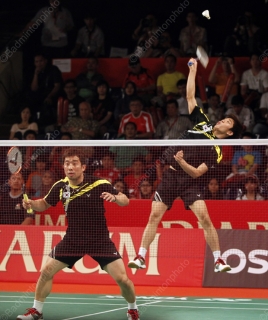
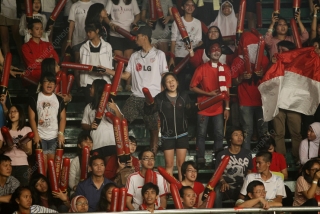
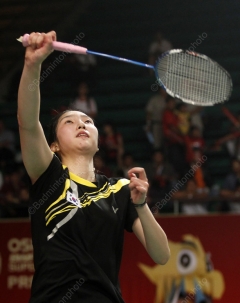
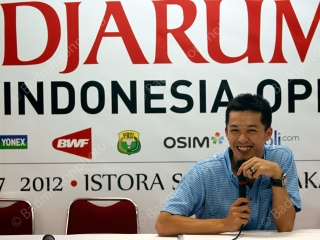

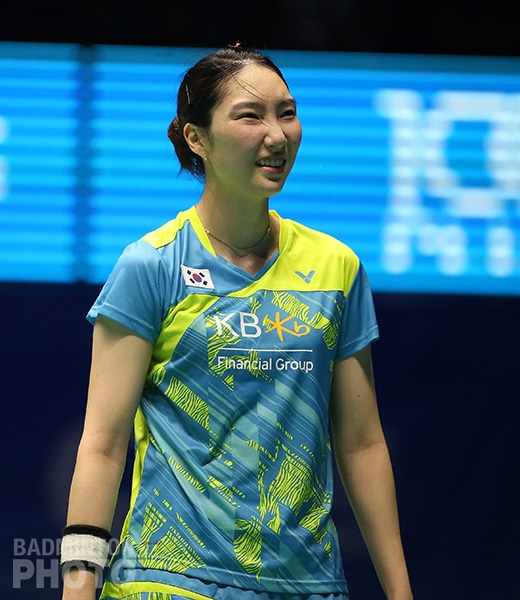
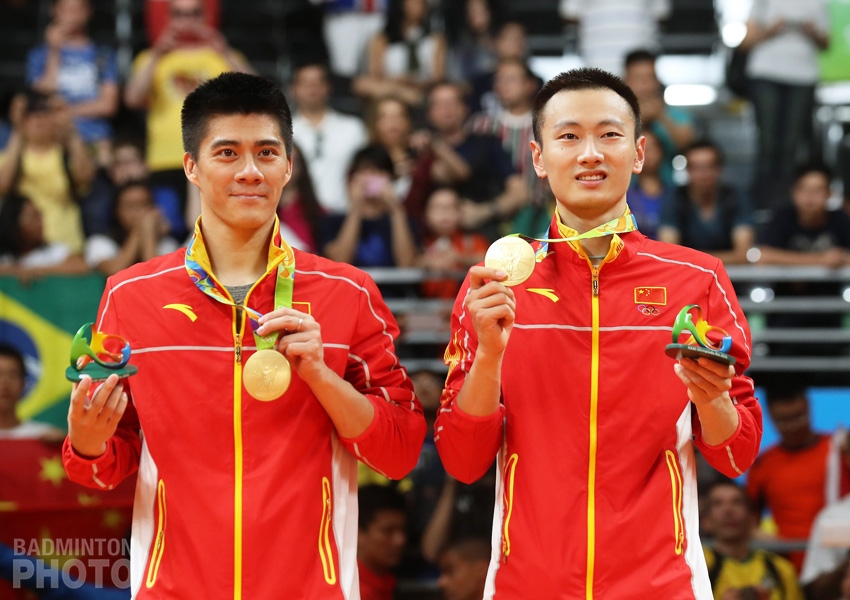
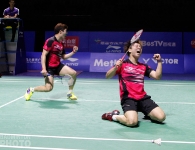
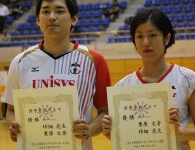
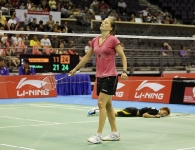
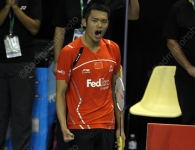
Leave a Reply